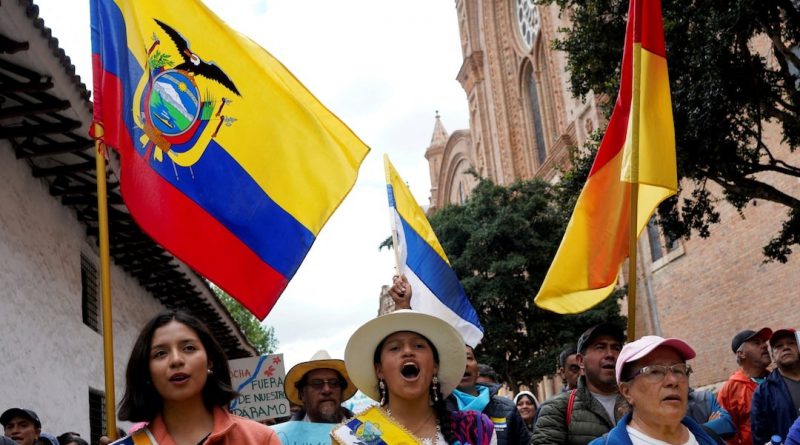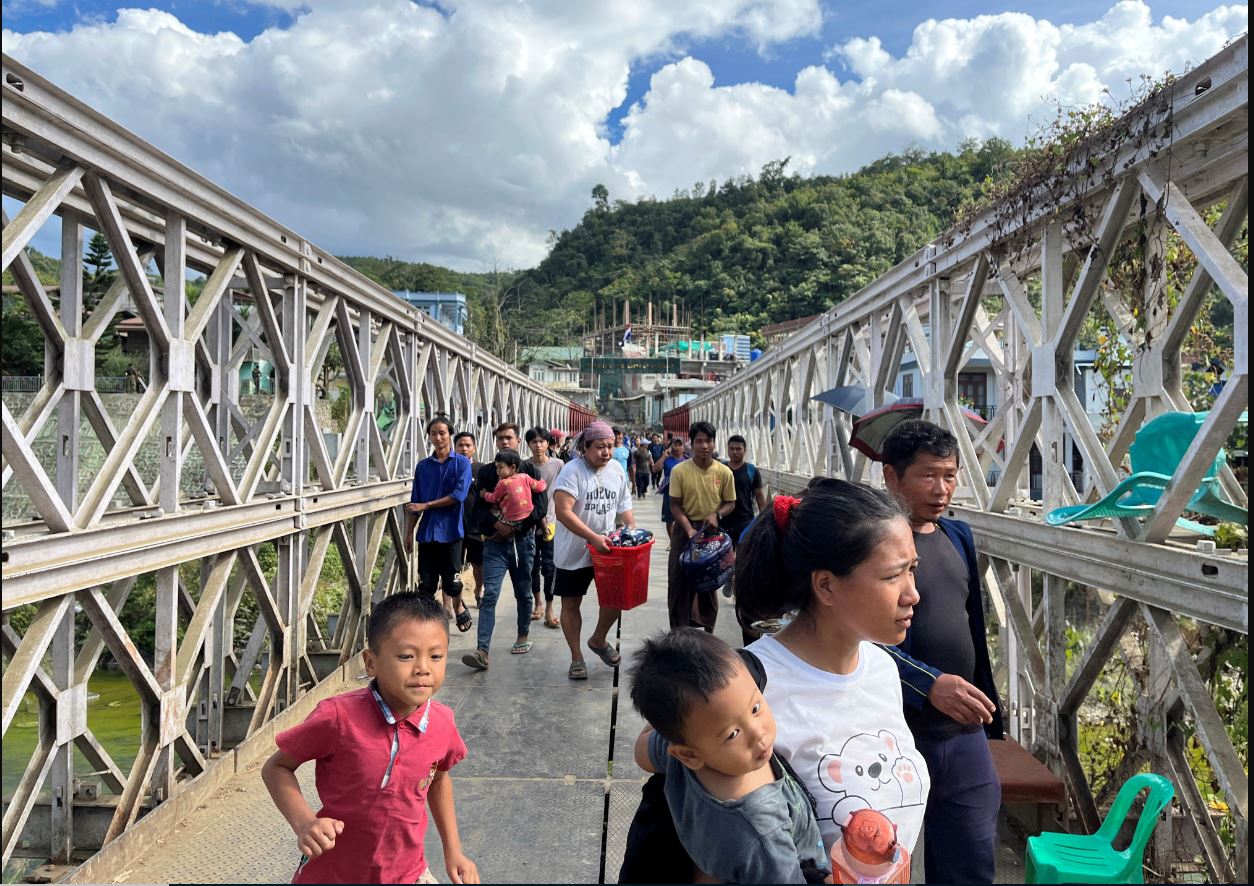Ecuador Upholds Environmental Protection by Revoking License for Gold Mining Project
Cuenca – Ecuador has taken a significant step in strengthening its commitment to environmental protection and the rights of local communities by revoking the environmental license for Canadian company Dundee Precious Metals (DPM) to develop the Loma Larga gold project.
The decision, announced by the Environment and Energy Ministry on Saturday, highlights the government’s dedication to safeguarding water resources and protecting the country’s fragile ecosystems.
The Loma Larga project, located in Azuay province, had been at the center of controversy for several years. Residents, Indigenous groups, and local authorities in the region had consistently raised concerns about the potential impact of the mine on the Quimsacocha water reserve, one of Ecuador’s most vital freshwater sources.
Opponents of the project argued that mining operations in such a sensitive area could pose serious health risks to surrounding communities and jeopardize drinking water and irrigation systems.
In its official statement, the ministry stressed that the revocation was based on technical reports submitted by local water authorities in Cuenca and Azuay. These reports indicated that the project posed risks to water quality and availability in the region.
By acting on these recommendations, the government reaffirmed its responsibility to defend water resources, protect nature, and prioritize the well-being of people living in the highlands.
“The national government reaffirms its commitment to the rights of nature, the defense of water sources, and, under the precautionary principle, the protection of the health and well-being of the people of Cuenca and Azuay,” the ministry said.
Local leaders and community groups welcomed the decision with gratitude and optimism. Cuenca’s mayor, Cristian Zamora, one of the most vocal opponents of the project, described the announcement as a “decades-long struggle” finally reaching a positive conclusion. Speaking at a public event, Zamora thanked national authorities for listening to the concerns of local residents and taking decisive action to protect water security for future generations.
“This is a victory for our people and for the environment,” he said. “It shows that our voices matter and that the protection of natural resources is a priority for Ecuador.”
DPM, which acquired the project in 2021, had planned to invest $419 million in the Loma Larga development. The project was expected to produce around 200,000 ounces of gold annually during its first five years of operation. However, despite these projections, the company faced regulatory hurdles and growing resistance from civil society. In August, the government had already suspended activities at the site until an environmental management plan could be presented, signaling rising caution around large-scale mining in ecologically sensitive areas.
Ecuador, a country rich in gold and copper reserves, has seen a number of mining projects put on hold in recent years due to legal rulings and strong local opposition. At present, only two major mining operations are active in the country. The Loma Larga case underscores the increasing importance of balancing economic opportunities with social and environmental responsibilities.
The Quimsacocha Reserve, where the project was located, spans over 3,200 hectares and forms part of the Andean paramo ecosystem — a highland moor that is both unique and fragile. Its wetlands and springs are essential for maintaining water flows that serve as one of Ecuador’s main freshwater sources. By choosing to safeguard this ecosystem, Ecuador is sending a powerful message about the value of biodiversity and sustainable development.
For communities in Azuay, the decision marks not just the halting of a mining project but the affirmation of their rights to clean water and a healthy environment. It also strengthens Ecuador’s global image as a country willing to uphold environmental justice and prioritize long-term well-being over short-term economic gains.
While the revocation may represent a challenge for investors, it sets an important precedent for responsible resource management in Latin America. As climate change and water scarcity become pressing global issues, Ecuador’s example may inspire other nations to weigh environmental protection more heavily in their development decisions.
Ultimately, the decision to revoke the license for Loma Larga demonstrates a positive shift in national policy — one that recognizes the irreplaceable value of natural ecosystems and the voices of local communities. It is a reminder that sustainable development must balance economic growth with the preservation of the resources on which life depends.



